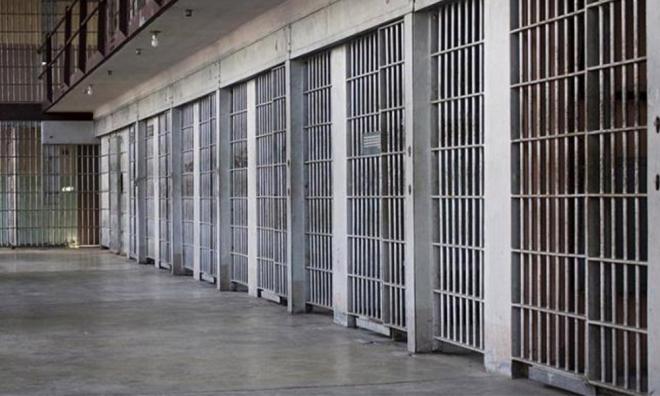
ADUN SPEAKS | The death of an Afro-American George Floyd at the hands of the police has raised questions about the pernicious nature of racism that seems very much embedded in American society.
The cry to end racism articulated by the slogan “black lives matters” has reverberated across the globe in varying ways.
Old monuments and statues that symbolised racism and slavery have been pulled down around the world.
The death of Floyd has brought to fore the question of racism in Malaysia, its political and institutional roots, its manifestation in the form ethnic discrimination of those belonging to the non-dominant communities and other overt manifestations in the form of custodial deaths both in police centres and prisons.
It is argued that the Indian community in Malaysia constituting less than ten percent of the population is overrepresented when it comes to custodial deaths.
Figures from the government suggest more than 30 percent of all custodial deaths are Indian, something disproportionate to their population size.
However, the figures from Suara Rakyat Malaysian ( Suaram) seems to suggest that nearly 55 percent of the custodial deaths until the year 2018 were Indians.
This figure is not only disproportionate to the number of Indian in the country but numerically, is the highest compared with the other ethnic groups such as the Malays and Chinese.
There is also the problem of incomplete disclosure of information from the respective government agencies about custodial deaths and the difficulty faced by human rights organisations such as Suaram in collecting data about custodial deaths.
In other words, we have to exercise caution when using both official or non-official figures to ascertain the real truth about custodial deaths and whether Indians constitute most of the deaths.
However, rather than dwelling too much on the matter of numerical deaths, we have to admit the simple truth that Indians are disproportionately represented when it comes to custodial deaths.
It must be borne in mind that deaths not only occur in police custody but of late, there have been a number of cases of persons dying in prisons and in centres of other government agencies.

Recent articles seem to suggest that Indians who die in custody are invariably victims of an extreme form of ethnic and racial discrimination.
It might be true in some cases as it is easier to vent institutional frustration and anger by the police or the prison officials at ethnic minorities, especially if they are suspected of having done something wrong.
However, this line of reasoning must also explain custodial deaths of Malays hovering around more than 30 percent although this figure is not proportionate to their population.
I am not saying that the Indians are not victims of racial discrimination or hatred, but the overall figure would suggest that a class explanation might be another more appropriate method to explain custodial deaths whether they are Malays, Indians or Chinese or any others.
A class approach, although not without its weakness, could to some extent explain custodial deaths among different ethnic groups based on the consideration that custodial deaths seemed to be most common among members of the working class.
Only under exceptional circumstances that a person from the middle or upper-middle classes ends up as a victim of custodial deaths.
Yes, the system might not be kind or fair to ethnic minorities but at the same time, it can be harsh and cruel to those from the working-class.
I think an integration of class and ethnic approaches might do justice in explaining the high number of custodial deaths not just among Indians but also among other races.
Or I could even advance a tentative hypothesis that Indians could be victims of both racial and class discrimination in explaining their disproportionate deaths in custody.
My argument is not to deny the pernicious nature of ethnic and religious discrimination in the country, especially after the so-called Malay only government that has been installed in a putsch in March 2020.
But on the same token, the purpose is not to deny how working-class Indians, Malays and Chinese have become victims of class discrimination.
I have said numerous times in the past as the chairperson of the Penang Task Force on custodial deaths that deaths in custody are a terrible curse on the poor, the unfortunate and marginalised.
P RAMASAMY is the state assemblyperson for Perai. He is also deputy chief minister (II) of Penang. - Mkini


No comments:
Post a Comment
Note: Only a member of this blog may post a comment.